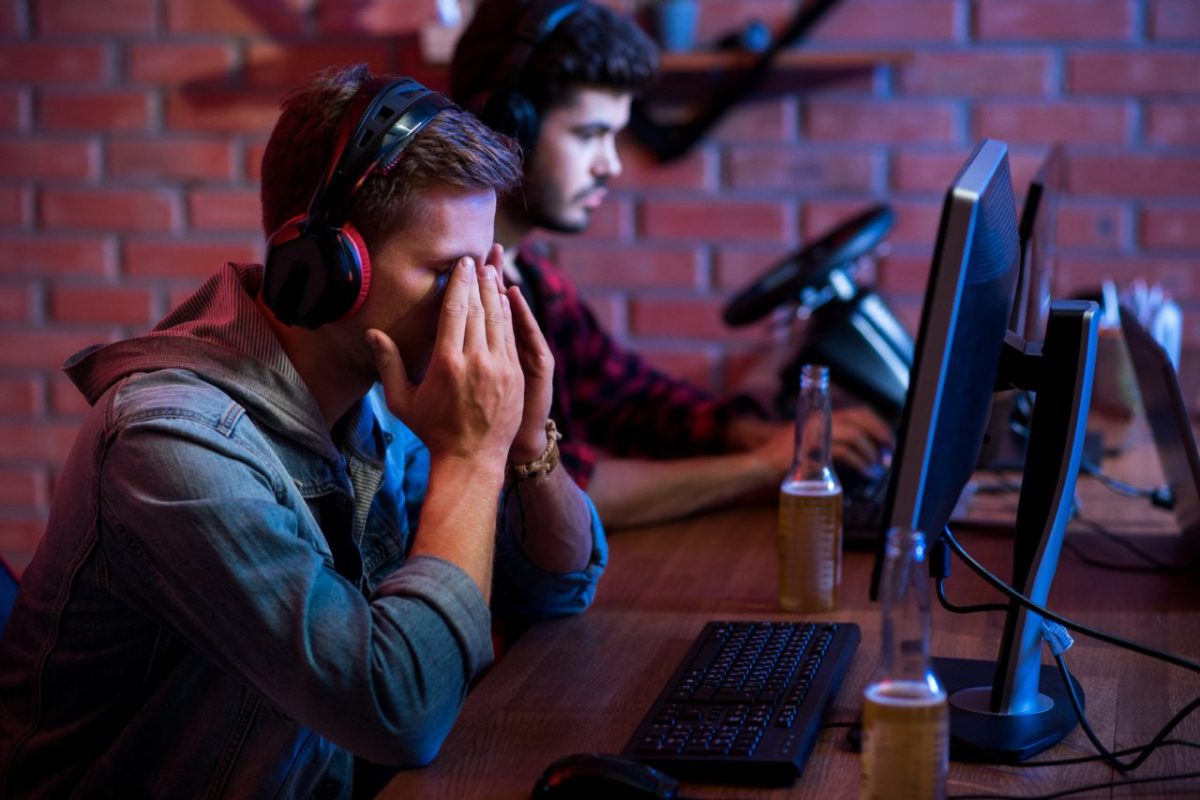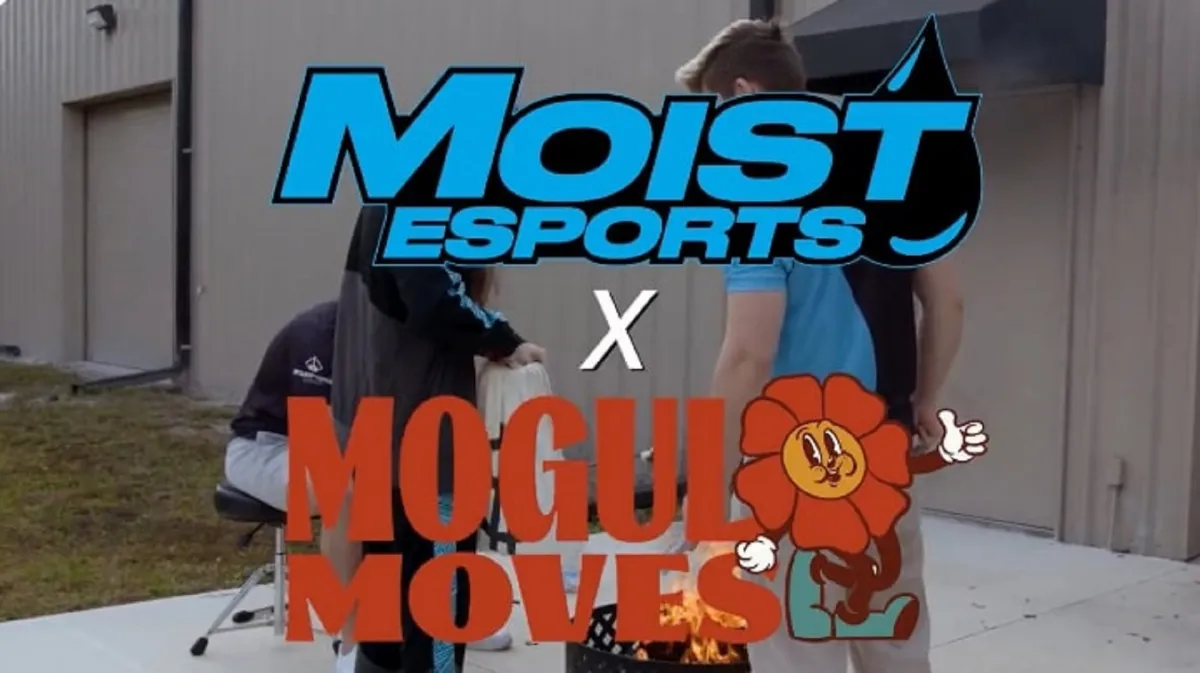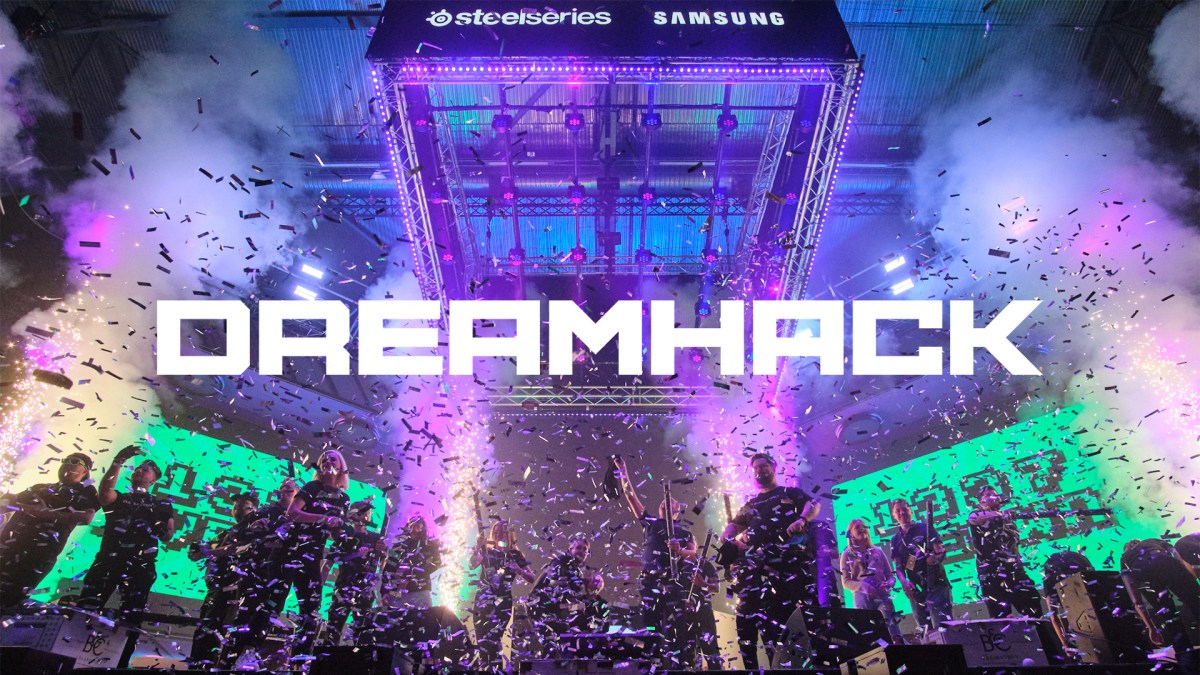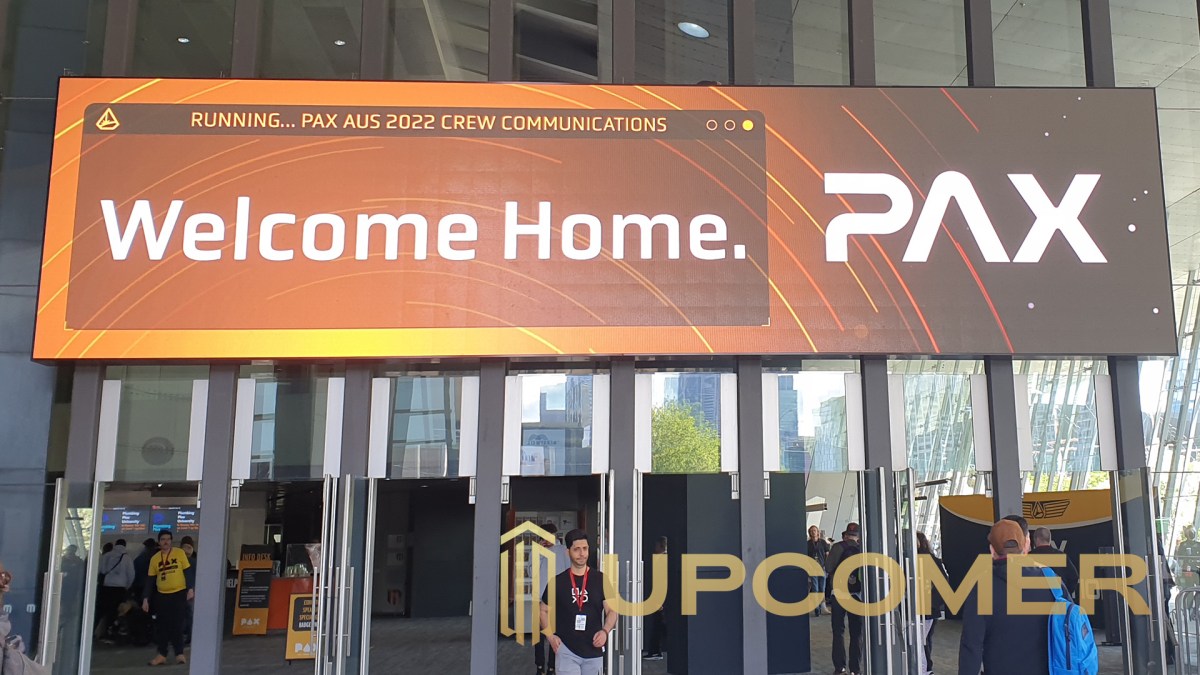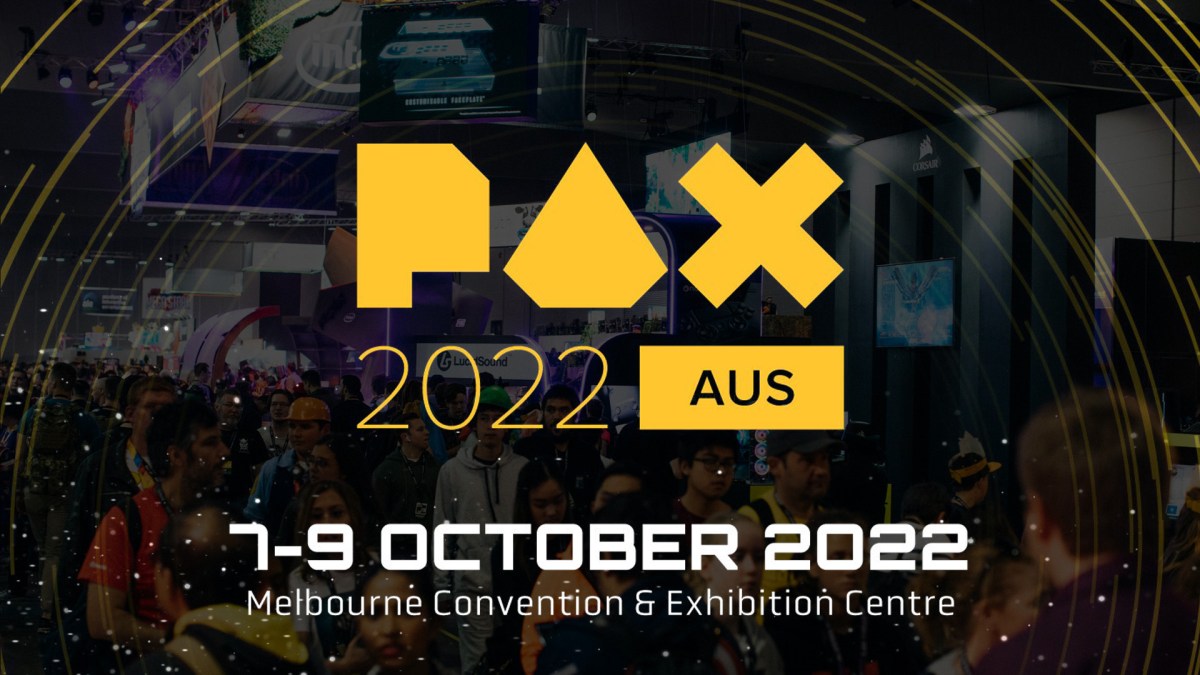In the last decade, esports have grown into a multi-billion dollar industry, with global organizations and investors getting involved. A 2019 study by Newzoo predicted that esports viewership would reach over 458 million viewers by the year’s end. Furthermore, the study also stated there was a total of $1.1 billion in revenue generated by esports in 2019, with an estimated +26.7% year-to-year growth.
Initially, one may not consider e-athletes comparable to traditional athletes. While these players may not be sprinting up and down fields or courts all day, their schedule is still rigorous. Players competing at the highest level of esports need to meet the standards of their organization.
As a result, entire systems exist to help develop the team, including analysts and coaches. Moreover, this involves long scrim blocks sitting at computers practicing their mechanics and strategizing. Teams also travel around the world to compete in tournaments and can rarely stick to a stable schedule throughout the year.
Interestingly, there’s a lack of relevant research regarding the health of esports athletes. However, as the industry continues to grow, so has interest towards ensuring healthy habits for players.
Esports sleep study
A study led by Ph.D. candidate and clinical psychologist Daniel Bonnar, alongside Professor Michael Gradisar of Flinders University in Adelaide, Australia, touches on the topic of e-athlete sleep patterns. Their group included Associate Professor Aly Suh, Ph.D. candidate Sangha Lee, Associate Professor Brandy Roane, and Dr. Daniel Blum.
Their study aims to identify potential mental health and overall well-being issues that connect to sleeping habits of professional-level gamers. Bonnar’s group utilized specific tracking devices to monitor anxiety and depression levels in conjunction with sleep. Then, the group analyzed their results to determine how sleeping patterns of e-athletes affected their day-to-day lives.
According to an article provided by Flinders University, esports organizations from around the world participated in the study. South Korean esports team Gen.G and Australian organizations Ground Zero, Kanga Esports, and Gravitas all signed on to the research group.
In the article, Bonnar complimented the teams’ level of proactiveness towards safeguarding their players’ health.
“[Their involvement] demonstrated their commitment to promoting player wellness and performance.”
Professor Michael Gradisar commented that preliminary results showed the general trend amongst esports players is that they are engaging in unhealthy sleeping habits.
“From the data we’ve collected so far, we can see a trend that many esports athletes obtain less than 7 hrs of sleep per night, have a tendency to want to sleep very late and wake very late, with mood impacted as a result in some of the players.”
“Although these late sleeping patterns might be okay for some players, for others, it could be an issue with conflicting daytime commitments encroaching on their sleep schedule.”
Fixing the problem
Sleep is a critical factor in performing well in cognitive-based activities, like video games. Memory, reaction time, and decision making can see negative effects when you’re tired. These factors are instrumental in the success of an e-athlete. After all, one missed shot or second-guessed decision could cause you to lose a game.
The second phase of the study will be to implement preventative and correctional activities to adjust the player’s sleep. However, Bonnar’s group plans to optimize their treatment plan to fit the players’ needs better. A standard intervention method for treating insomnia is cognitive behavior therapy (CBT). The researchers believe CBT will help educate the athletes on how to actively correct their sleep habits. It’s inferred that an improvement in performance will occur after treatment.
Other strategies include emphasizing the importance of “wind-down time.” Practice and extended bouts of mental activity can add unnecessary stress to the human body and can affect the quality of one’s sleep. Being proactive in finding time to relax is instrumental in developing not just sleep patterns, but overall health. Methods to help players better adjust to jetlag while traveling will also be implemented.
As sports medicine expands to include esports, organizations look forward to encouraging their players to engage in safe health habits. Gravitas owner Sean Callanan explained that he was looking forward to his players taking a good night’s sleep more seriously.
“I’m looking forward to Gravitas players understanding the importance of sleep and how it can affect their performance for practice and on game days. I know it’s become a focus in traditional pro-sports, so esports should follow their lead.”


